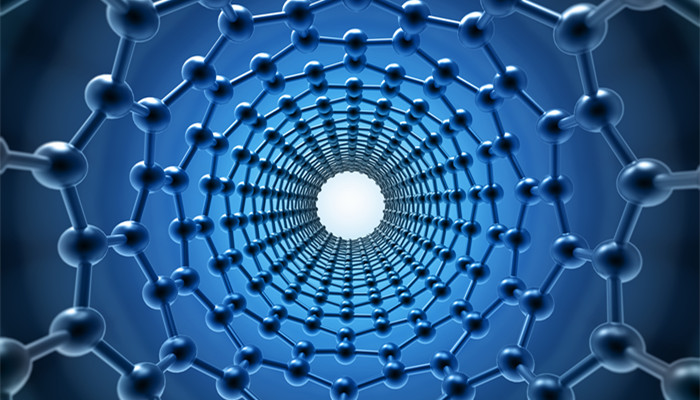
The market prospect of rare earth superconducting materials is good. my country is the main research and production country.
Rare earth superconducting materials are made by adding rare earth elements to superconducting materials, mainly adding several rare earth elements such as lanthanum (La), yttrium (Y), lutetium (Lu), and cerium (Ce). Rare earth superconducting materials can increase the critical temperature. They are usually high-temperature superconducting materials that can be used in liquid nitrogen environments, which is beneficial to promoting the research and application of superconducting materials.
Materials with zero resistance in an environment below the critical temperature (Tc) are superconducting materials. According to the critical temperature, superconducting materials include low-temperature superconducting materials and high-temperature superconducting materials. The critical temperature of low-temperature superconducting materials is below 25K and operates in a liquid helium environment; the critical temperature of high-temperature superconducting materials is above the absolute temperature of 77K and operates in a liquid nitrogen environment.
In the 10s of the 20th century, the phenomenon of superconductivity was first discovered, and low-temperature superconducting materials were first developed. In the 1970s, the development of low-temperature superconducting materials was restricted due to the need to work in a liquid helium environment, high cost, limited application scenarios, and difficulty in promotion. In the 1980s, the first high-temperature superconducting material was developed, which was a rare earth superconducting material. Products such as lanthanum barium copper oxide superconductor and yttrium barium copper oxide superconductor were successively developed.
According to the “China Rare Earth Superconducting Materials Industry Market In-depth Research and Development Prospects Forecast Report 2023-2028” released by the Industrial Research Center , adding rare earth elements to superconducting materials can increase their critical temperature, mainly rare earth oxide superconducting materials. Because it can work in a liquid nitrogen environment, the cost of use is reduced, the application scenarios are broadened, and it is more conducive to the promotion of superconducting materials. Therefore, the development speed of the rare earth superconducting materials industry is accelerating. Rare earth superconducting materials can be widely used in many fields such as electronics, communications, electric power, medical care, new energy, transportation, and high-end equipment.
Globally, the United States, Japan, Russia, China and other countries are studying rare earth superconducting materials. my country’s research on rare earth superconducting materials started in the mid-to-late 1980s. Industrialization was not achieved in the early stages, and demand mainly relied on imports. Since the mid-to-late 1990s, my country’s encouragement and support policies related to superconducting materials have been continuously introduced, and the pace of research on rare earth superconducting materials has continued to accelerate. At present, my country has become the world’s most technologically advanced country in the research and production of rare earth superconducting materials.
Industry analysts said that in the global superconducting materials market, due to its late start, the market share of high-temperature superconducting materials is low. More than 90% of the market is occupied by low-temperature superconducting materials. However, high-temperature superconducting materials have the advantage of low cost and the market is developing rapidly. From 2018 to 2022, the compound annual growth rate of my country’s high-temperature superconducting materials market will exceed 20%. As an important high-temperature superconducting material, rare earth superconducting materials have good development prospects. Related research and production companies are gradually increasing. In my country, they mainly include Western Superconducting, Yongding Co., Ltd., Inner Superconducting, etc.

 微信扫一扫打赏
微信扫一扫打赏

